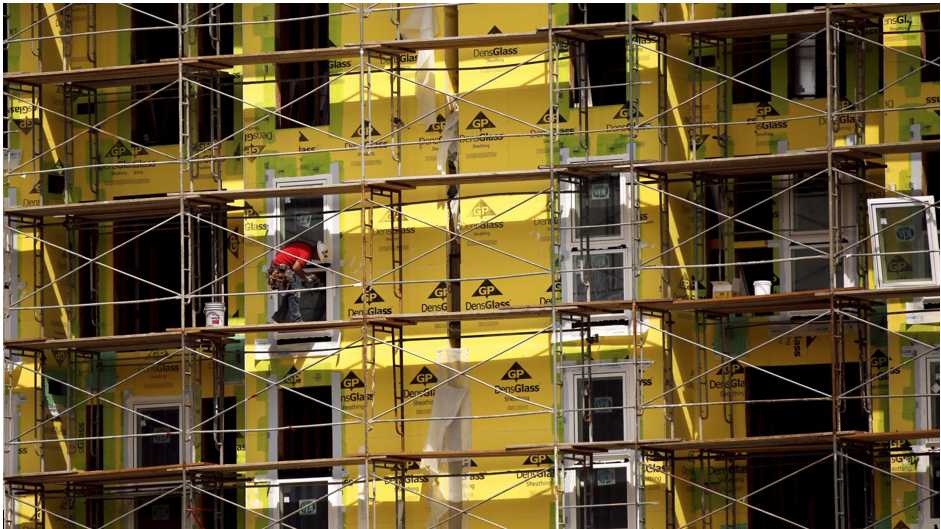CommentsAFFORDABLE NO MORE-In cities like San Francisco, where housing crises rage, a new movement of rich and upper-middle class liberals has arisen
. YIMBYs, which stands for Yes In My Backyard, adhere to a pro-building, pro-developer philosophy that alleges that if we just build more housing -- even if that housing is almost entirely expensive condos -- housing prices will decrease across the board.
The last few years have seen a boom in construction of luxury housing in many of America’s most expensive cities (three out of every four new homes built in 2015 were luxury). YIMBYs think this is a good thing. They believe that we don’t need to regulate rent caps or build more public housing -- that we can allow private developers to take care of the housing crisis for us.
Well, the data is in, and it looks like the YIMBY gambit has officially failed.
The Washington Post reported on Monday that in the last year, according to Zillow data, rent prices have fallen in many major cities -- for rich people. Thanks to the boom in luxury building, developers are having to lower prices to fill all those new homes. Meanwhile, rents for the poorest citizens have either maintained their all-time-high prices or gotten even more expensive. This phenomenon has been observed in cities such as San Francisco, Atlanta, Nashville, Chicago, Philadelphia, Denver, Pittsburgh, Washington, and Portland, OR. In a few other cities, even the rich aren’t getting off any easier — the Post wrote that rent is rising for everyone in Los Angeles, Las Vegas, Houston, and Miami.
From the Post’s Jeff Stein:
“For-profit developers have predominantly built for the luxury and higher end of the market, leaving a glut of overpriced apartments in some cities,” said Diane Yentel, president and chief executive of the National Low Income Housing Coalition, an advocacy group. “Some decision-makers believed this would ‘filter down’ to the lowest income people, but it clearly will not meet their needs.”
Poorer city residents have experienced significant rent increases over the past several years. In Portland, average rents for the poor have risen from about $1,100 to $1,600 — or by more than 40 percent — since 2011.
In San Francisco, the average rent at the bottom of the market has soared from $1,700 to $2,600, a nearly 50 percent increase. Seattle’s poor have also had their rents rise by close to 40 percent. Nationwide, rents for those at the bottom income level have increased by 18 percent.
As thousands of people have moved into major cities and developers have pressured city governments to relax housing regulations, poor people and people of color are being driven out. About 800 members of Portland’s black community have left the city every year since 2014. San Francisco, where a recent study showed that a family of four that makes a $117,400 a year is now “low income,” will be the whitest county in the Bay Area by 2040.
“It’s startling because the city’s diversity and identity as a progressive, inclusive city is seriously at-risk,” Sarah Treuhaft, director of Equitable Growth Initiatives at PolicyLink, toldCity Lab in 2015. “In fact, an honest look at the data show it is becoming a mirage.”
(Sophie Weiner’s posts appear in many online outlets including Splinter News, where this piece was published.) Edited for CityWatch by Linda Abrams.
















